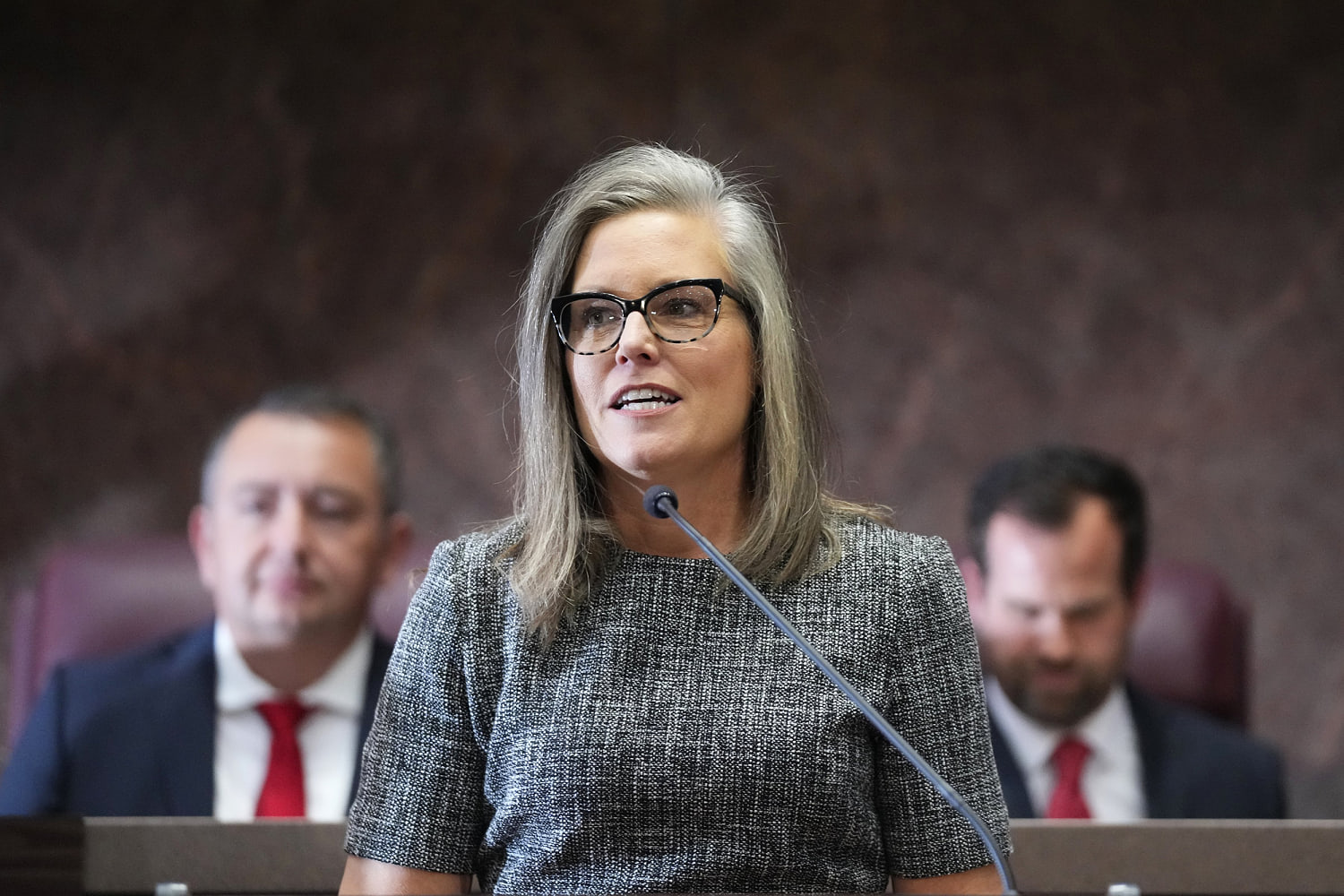Arizona House member, Alex Kolodin, utilized ChatGPT to define “digital impersonation” in Arizona’s new law on deepfake technology, which was signed by Democratic Governor Katie Hobbs. House Bill 2394 allows Arizona residents to obtain a court order declaring deepfake videos as not depicting them. This legislative move comes in the midst of a national debate on digital impersonations. Meanwhile, other states are also passing legislation to combat deepfakes and AI-driven disinformation before the 2024 election.
Kolodin admitted to using ChatGPT sparingly in the drafting process, adding a technical definition section to the bill while relying on his legal and legislative expertise. Despite concerns about using AI in lawmaking, Kolodin defended his decision by stating that potential pitfalls exist regardless of whether humans or AI draft legislation. The part of the bill generated by ChatGPT reportedly required less amendment compared to sections crafted solely by humans.
The governor’s office confirmed that Hobbs was unaware of Kolodin’s use of ChatGPT in drafting the bill, which the legislator intentionally kept as a surprise until its signing. This instance highlights the evolving role of AI in the legislative process, raising questions about its effectiveness and implications in shaping future laws.
 \
\
[ad_2]
Source link

